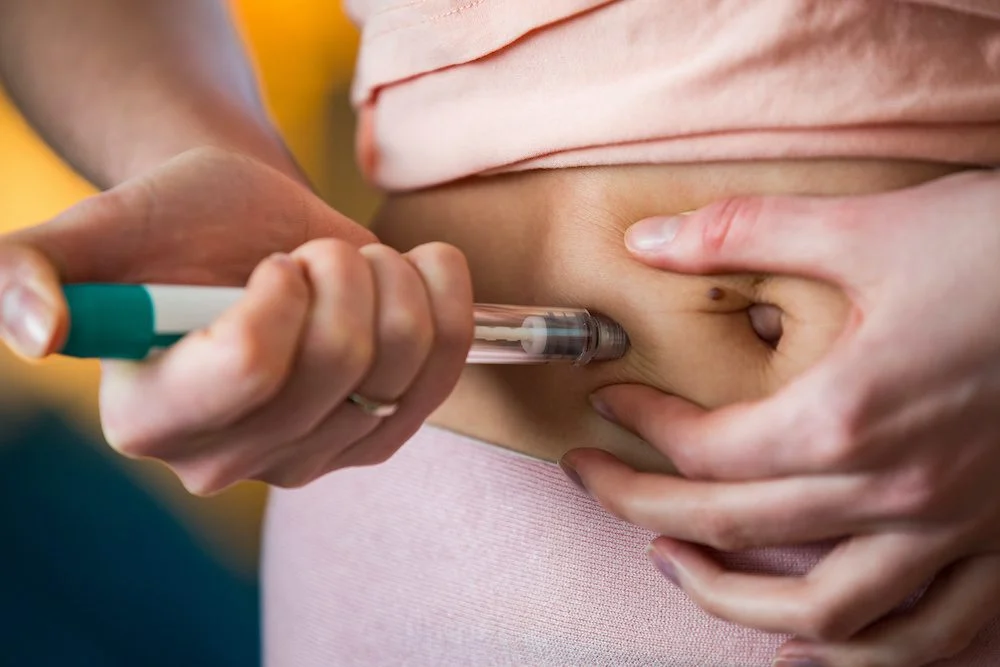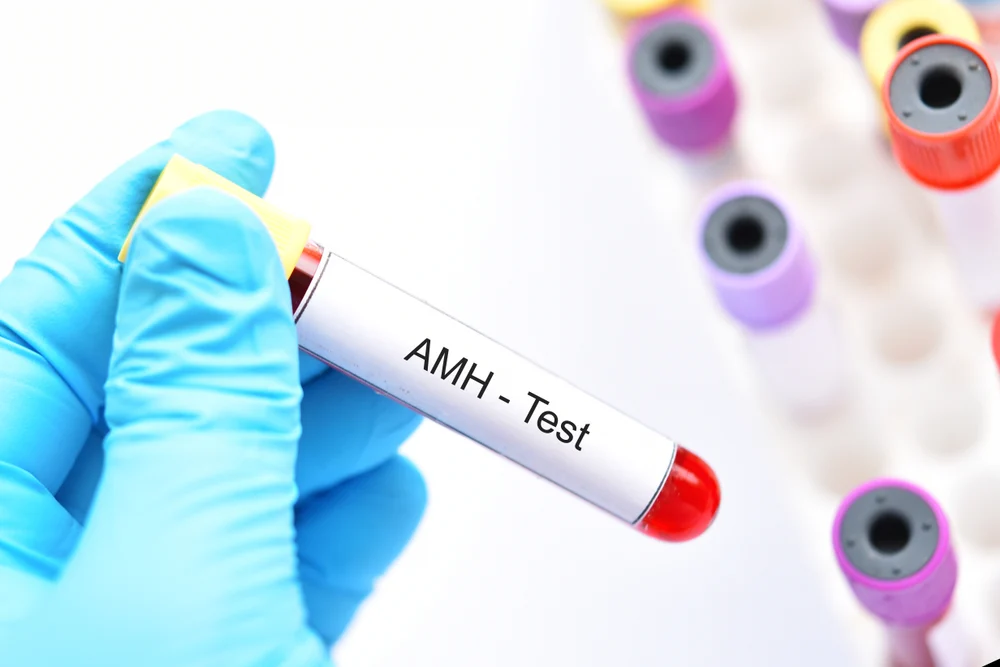What to Expect During Your Fertility Journey: How Long Do the Treatments Take at Cyprus American IVF and Cyprus Crown IVF Clinics
What to expect before you start your IVF journey might be hard at first. Embarking on an IVF journey can be both exciting and daunting. At Cyprus American IVF and Cyprus Crown IVF clinics, we are dedicated to providing comprehensive care and support to help you navigate this journey with confidence. Here’s what you can expect when you choose our clinics for your IVF treatment:
Comprehensive Treatment Packages: Our treatment packages include flight tickets, accommodation, ground transportation, and the selected fertility treatment, such as IVF, egg donation, sperm donation, or tandem cycle. This all-inclusive approach ensures that your focus remains on your treatment and recovery, while we take care of the logistics.
Personalized Treatment Plans: Each patient is unique, and we tailor our treatment plans to meet individual needs. During your initial consultation, our fertility specialists will conduct a thorough assessment and discuss your fertility goals to create a personalized treatment plan that suits you.
Ovarian Stimulation: The IVF process typically begins with ovarian stimulation, where medication is administered to stimulate the ovaries to produce multiple eggs. This phase lasts around 10-12 days and involves regular monitoring through blood tests and ultrasounds to track follicle growth and hormone levels.
Egg Retrieval Process: Once the follicles have reached optimal size, the eggs are retrieved in a minor surgical procedure. This procedure, known as oocyte retrieval, is done under sedation and takes about 20-30 minutes. The retrieved eggs are then taken to the laboratory for examination and fertilization.
Embryo Transfer: The fertilized eggs, or embryos, are transferred back into the woman’s uterus in a procedure that takes only a few minutes. This step is relatively painless and is performed in the clinic. After the transfer, a short period of rest is advised before returning to your accommodation.
Duration of Stay: The duration of your stay in Cyprus will depend on your treatment plan and individual circumstances. On average, patients can expect to stay for approximately 10-14 days, including pre- and post-treatment care.
Follow-Up Care: After your treatment is complete, we provide ongoing follow-up care to monitor your progress and address any questions or concerns you may have. We are committed to supporting you throughout your IVF journey and beyond.
Emotional Support: We understand that the IVF journey can be emotionally challenging. Our team is here to provide compassionate support and guidance, helping you navigate the ups and downs of fertility treatment with resilience and hope.
Success Rates: Our clinics have a track record of high success rates, and we are dedicated to achieving the best possible outcomes for our patients. We are proud to be part of your journey to parenthood and are committed to helping you realize your dream of starting or expanding your family.
Conclusion: Your IVF journey at Cyprus American IVF and Cyprus Crown IVF clinics is designed to be a comprehensive and supportive experience. From personalized treatment plans to emotional support, we are here to guide you every step of the way. With our all-inclusive treatment packages and experienced team of fertility specialists, you can rest assured that you are in good hands. We look forward to being part of your journey to parenthood and helping you achieve your dream of starting a family.
Fertility Treatments may be hard on families for various reasons creating financial burden, and emotional distress. We at “Fertilitysol” pride ourselves with the excellent care we give to our patients regardless of who they are, and where they come from. We will guarantee you that you will get the excellent care designed to your needs throughout your fertility journey. You can directly contact us through our contact link or you may also choose to contact the clinics we work with through these links below.
Cyprus Crown IVF Contact: https://en.cypruscrownivf.com/contact
Cyprus American IVF Contact: https://www.cyprusamericanivf.com/contact-us/
Dr. Halil Ibrahim Tekin (Dr. HIT) Youtube: https://www.youtube.com/@dr.halilibrahimtekin1715
Cyprus American IVF Youtube: https://www.youtube.com/@AmerikanTupBebekMerkezi










